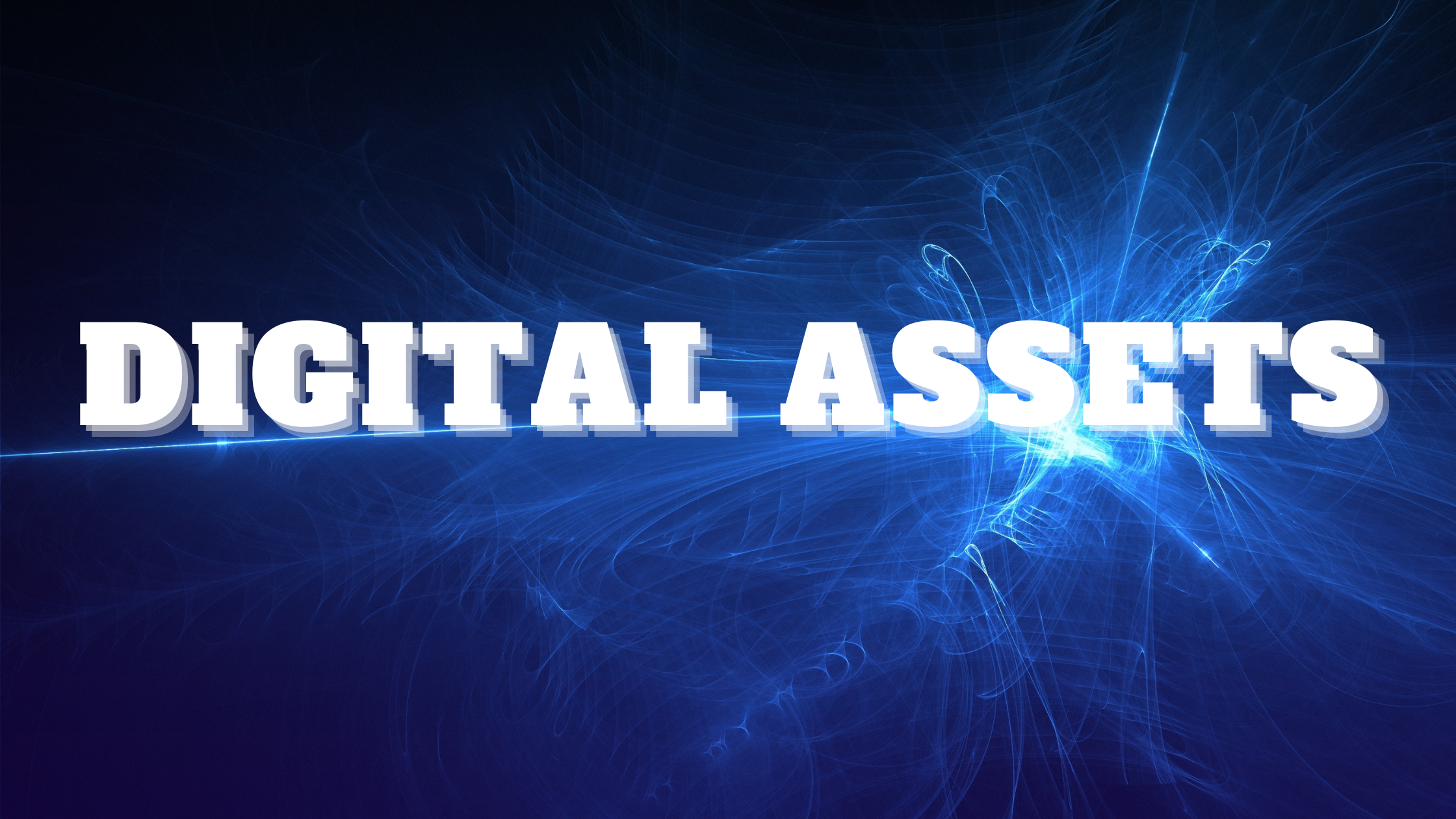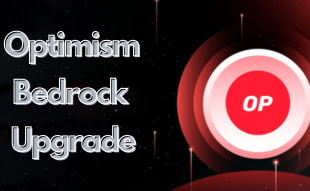Join Our Telegram channel to stay up to date on breaking news coverage
According to the co-founder of The Sandbox, digital assets like cryptocurrencies and non-fungible tokens (NFTs) should be recognized as legal property. This is especially true when the world’s population is going digital. Sebastian Borget warns that failure to do so may cause excluding billions of people from participating fully in the digital age.
Borget’s remarks come amidst ongoing discussions surrounding the regulatory framework for cryptocurrencies and digital assets.
Digital Assets as Proper Property
In an interview during Blockchain Week Rome last week, Sebastian Borget said that so-called “digital natives,” who grew up with and had increased confidence in digital gadgets, are on the rise.
“Around 5 billion people are online and as more use crypto and NFTs, such digital assets should be recognized as ‘property’,” Borget explained.
Around 5 billion people are online and as more use crypto and NFTs, such digital assets should be recognized as "property" @borgetsebastien tells Cointelegraph. https://t.co/xUOMwV0kPU
— Cointelegraph (@Cointelegraph) May 16, 2023
“More than half the world’s population is now a digital native,” Borget explained. “We have to build a future for them where if they spend more time and money on digital assets, those should have value and be recognized as proper property.”
Borget said the metaverse might provide a new way for digital natives to connect. The governments should “value the work [and] recognize the jobs in the area and consider the digital economy as a real economy.
According to Borget, digital assets, such as NFTs, hold significant value and can represent various ownership and rights. The growing popularity of NFTs, especially in digital art and collectibles, calls for their legal recognition and protection.
With events posing challenges to global stability, such as the Russo-Ukrainian war and the increasing inflation, Borget believes the metaverse can be a factor that could drive positive impact, social impact, more awareness, and inclusivity.
The Sandbox as a Prime Example
The Sandbox, a popular blockchain-based virtual world where users can create, own, and monetize their virtual assets, is a prime example of the importance of recognizing digital assets as property. Borget explained that within The Sandbox’s ecosystem, users can create unique virtual assets, including in-game items, virtual land, and characters, which can be bought, sold, and traded.
By treating these digital assets as property, The Sandbox has paved the way for its users to participate in a thriving virtual economy. The ability to establish property rights and value digital assets fosters a sense of ownership and incentivizes creativity and innovation within the platform.
Borget hopes to create a platform where people can best reflect their inner talents and skills. Such factors may best blossom in ‘the virtual world,’ such as helping with mental health.
👋 Hi from @wistaverse LAND in @TheSandboxGame.
The Arena One is a place for free speech for protests and social events. Unite global communities around important issues and provide a platform for their voices to be heard.
See you there!
👉 https://t.co/9k2xFbKglU https://t.co/KA4iPVI7lm pic.twitter.com/6r6tm3MW2B— Sebastien 🏞 (@borgetsebastien) May 13, 2023
“Being a platform that offers this possibility for people to find their reason is great,” he added. “You create a world where you see new experiences, new content, and the sum of that is always more positive than negative.”
Borges also claims that artificial intelligence (AI) is a driving force that can empower creators and speed up the idea-generating process.
“Everything you have in mind now is a text prompt you can render and visualize. Before, it used to take days,” he said.
However, Borget warns AI is not at a level where it can produce content without some human work to get it up to scratch.
Risk of Excluding Billions in the Digital Age
Failing to recognize digital assets as property carries the risk of excluding billions of people from fully participating in the digital age. Borget expresses concerns that without legal recognition and protection, there could be people who face barriers to leveraging the potential of digital assets for economic empowerment. This group of people includes those mainly in developing countries and marginalized communities.
Borget’s idea of recognizing digital assets as legitimate property aligns with the changing landscape of the global economy. As technology advances, more people engage with digital platforms and assets. As such, it becomes increasingly important to establish frameworks and regulations that acknowledge the value and significance of these assets.
More News
Scammers Steal $15 Million in Crypto Through HitBTC Website Clone
Blur Adds Yuga Labs’ BAYC And MAYC NFTs To Its Blend NFT Lending Platform
New Revelations on Signature Bank Collapse: Execs Claim Bank Was in Good Shape
Best Wallet - Diversify Your Crypto Portfolio
- Easy to Use, Feature-Driven Crypto Wallet
- Get Early Access to Upcoming Token ICOs
- Multi-Chain, Multi-Wallet, Non-Custodial
- Now On App Store, Google Play
- Stake To Earn Native Token $BEST
- 250,000+ Monthly Active Users
Join Our Telegram channel to stay up to date on breaking news coverage


